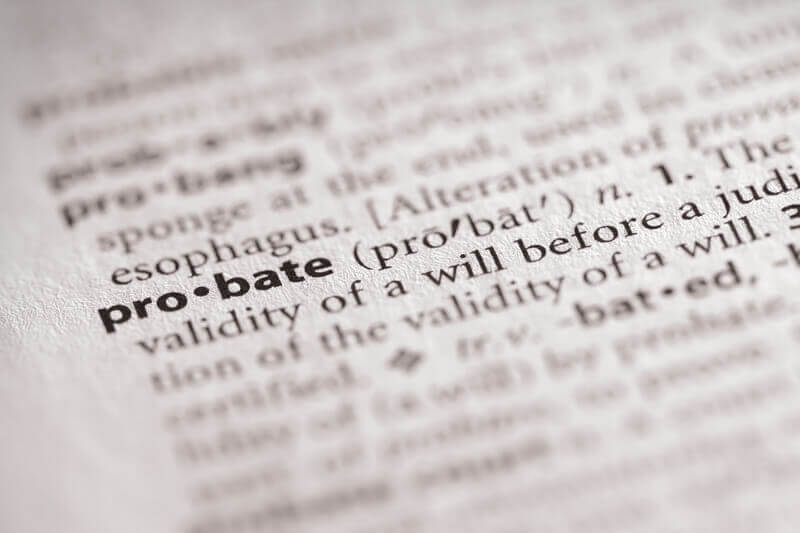
5 Things to Know About Probate and Taxes
While the 2019 federal tax deadline has been extended until July 15, 2020, it is still tax season, and many Michigan residents are learning more about how taxes can be affected by probate. Relatively recent changes to federal tax law have resulted in an increase in the estate tax exemption, which is important for anyone who is currently administering an estate that is now going through probate in Michigan. Determining how estates and inheritances are taxed can be complicated, and it is important to understand the different types of taxes that may apply to a deceased person’s money, as well as the distinction between federal and state taxes in these situations.
After you have gone through the probate process, or once the probate process is nearing its end and the deceased’s assets are being distributed accordingly, you will need to know whether an inheritance is going to be taxed at the federal or state level in Michigan. The following are five things you should know about probate and taxes.
1. Inheritance Taxes Are Different from Estate Taxes
Whether you are administering an estate or are anticipating that you will soon receive an inheritance once probate is completed, you may be wondering about the type and amount of taxes you will need to pay. More specifically, you may be wondering about inheritance and estate taxes, and what will need to be paid and by whom. We want to be clear, first, that inheritance taxes are different from estate taxes—these two types of taxes are entirely distinct from one another even though they might seem similar. While both types of taxes can refer to money or assets that ultimately will be distributed to heirs, the major difference is that estate taxes are paid by the decedent’s estate while inheritance taxes are paid by the individual who inherits the asset.
2. Michigan Does Not Collect Inheritance Tax
If you are anticipating that you will soon inherit money, you do not have to worry about inheritance taxes in Michigan because Michigan is one of a number of states that does not collect an inheritance tax.
3. Estate Tax Exemption is Very High
Even if estate taxes are owed by the decedent’s estate, chances are good that the estate will fit within the federal estate tax exemption. The Tax Cuts and Jobs Act significantly increased the estate tax exemption, which was $11.18 million per person and $23.36 million for a married couple in 2018.
4. Inheritances Are Not Considered Taxable Income
You might be wondering if you will need to declare your inheritance as income when you file your taxes, even if you are not paying an inheritance tax in Michigan. In short, inheritances are not considered taxable income, so you will not need to pay income taxes on any money that you inherit.
5. IRS Can Play a Role in Proofs of Claim Against the Decedent’s Estate
If you are the executor of the decedent’s estate and the probate process will likely be over soon, you probably already know that creditors can file proofs of claim within a certain time period in order to have a claim against the decedent’s estate. While you will primarily be dealing with the IRS for tax purposes after probate is completed, you should also know that the IRS can play a role in creditors filing proofs of claim against the decedent’s estate. In short, creditors can obtain a proof of claim, also known as a creditors claim, from the IRS.
Contact a Michigan Probate Lawyer for Assistance
If you have questions about probate and taxes, it is important to speak with an experienced Michigan probate lawyer as soon as you can. At Mihelich & Kavanaugh, PLC, we have years of experience serving clients in Michigan with a variety of issues related to probate.Contact us today for more information.





